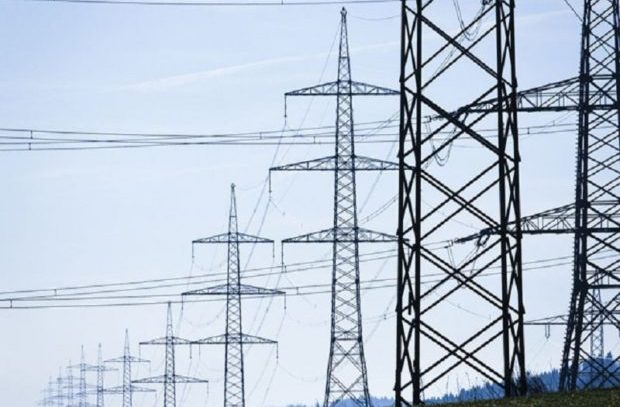NGCP ordered to explain lack of power reserve deals

NGCP power lines (File photo from the Philippine Daily Inquirer)
MANILA, Philippines — The Energy Regulatory Commission (ERC) has asked the National Grid Corp. of the Philippines (NGCP) to explain why it should not be penalized for its failure to comply with existing policies designed to ensure enough power reserves when power plant capacities decline.
In its order dated Sept. 15, the ERC asked the NGCP to explain why no administrative penalty should be imposed for its failure to comply with a Department of Energy (DOE) circular on contracting ancillary services. Such services are necessary to support the uninterrupted transmission of electricity from power plants to end users.
The NGCP was given 15 days upon receipt of the order to submit its verified explanation, including the necessary proof that will support its allegations.
The regulator cited three provisions of DOE Circular No. 2021-10-0031 which NGCP allegedly violated.
It said the NGCP failed to obtain the DOE’s approval of its Ancillary Service Agreement Procurement Plan (ASAPP) and the terms of reference (TOR) of the Ancillary Service Competitive Selection Process (CSP), as well as complete the competitive bidding within six months from the effectivity of the DOE circular.
The ERC took note of the Feb. 4, 2022, letter of former Energy Secretary Alfonso Cusi to NGCP president Anthony Almeda wherein the DOE flagged the “lack of transparency on the conduct of its CSP.”
‘Significant deviations’
It said the DOE particularly called the NGCP’s attention to the publication of its ASAPP, TOR and invitation to bid without prior submission to the DOE.
Under the circular, the NGCP is tasked to develop and submit to the DOE its annual ancillary service plan not later than March 31 of each year and post the same on its website within three days from the receipt of the review by the DOE, but not later than April 30 of each year.
“It does not appear, however, that NGCP sought the approval of the DOE of its [ASAPP] prior to its posting and publication,” the ERC said in its order.
The regulatory agency also noted that, besides releasing the TOR without the energy department’s approval, it observed “significant deviations” between the prescribed and published TOR.
These include the “unspecified [ancillary service] requirements subjected to the CSP, the lack of bids assessment criteria, and other deviations that need clarification and clearance by the DOE.”
The NGCP had also yet to conduct a CSP for the procurement of ancillary services within six months from the effectivity of the DOE circular although the company already issued the TOR and the schedule for public bidding.
The NGCP released its invitation to bid on Jan. 25 this year, three months after the DOE issued the circular in October last year.
Outages, reduced capacities
The submission of bids was initially slated for February, but was rescheduled for June and subsequently moved to September. The issuance of notices of award was scheduled for October.
Under the DOE circular governing ancillary services, the CSP must be concluded within 90 calendar days from posting the invitation to bid until the award and signing of the ancillary services purchase agreement.
The ERC order came after the provinces of Nueva Ecija, Aurora, Pampanga, and Zambales experienced power outages last Monday.
That day, the NGCP raised red and yellow alerts in the Luzon grid lasting several hours as seven power plants went on forced outages and three others reduced their capacities.
A yellow alert is placed when power reserves fall below the ideal levels while a red alert is declared due to insufficient electricity, which may result in rotating power interruptions.
Both the DOE and the ERC had said they would look into the cause of forced outages, the lowered capacities of other power plants as well as the tripping of transmission lines.
RELATED STORIES
Hontiveros blames NGCP for power outages
Tulfo seeks probe into endless power outages, rising electricity costs